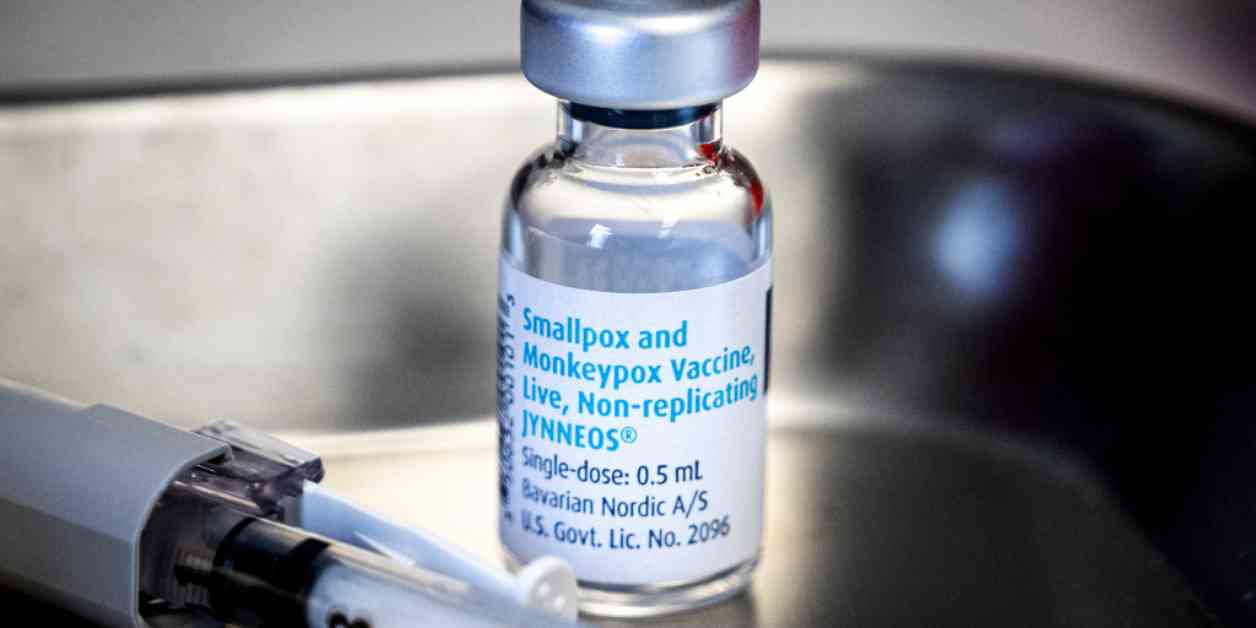The outbreak of a particular strain of mpox in Africa has raised concerns about potential health impacts and the spread of the virus to other parts of the world, including the United States. Despite the serious nature of this branch of the virus, infectious disease experts are cautiously optimistic about the likelihood of widespread transmission and severe illness in the U.S. due to several mitigating factors.
Global Concerns
The World Health Organization recently declared mpox as a public health emergency of international concern in response to a large outbreak of clade I of the virus in the Democratic Republic of Congo (DRC) that has since spread to other countries in Africa. This particular strain, known for its severity and transmissibility, has raised alarms among health officials worldwide.
Dr. Boghuma Titanji, an infectious disease specialist at Emory University, emphasized the inevitability of the virus extending beyond Africa, underscoring the need for global preparedness and vigilance. The recent confirmation of a clade I case in Sweden outside of Africa further highlights the potential for international spread.
U.S. Preparedness
Despite the growing concerns, the Centers for Disease Control and Prevention (CDC) has reported no cases of clade I mpox in the U.S. to date. This is likely due to a combination of factors such as vaccination immunity, limited viral circulation in wild animals, improved healthcare access, and public health measures in place.
Dr. Jennifer McQuiston, the lead for the CDC’s mpox clade I response, emphasized the agency’s vigilance in monitoring the situation and preparing for potential cases in the U.S. The CDC has recommended the Jynneos vaccine to protect against both clades of the virus and has urged at-risk populations to ensure they are fully vaccinated.
Challenges and Unknowns
Despite the efforts to contain the spread of mpox, there are still challenges and uncertainties surrounding the virus. The recent mutations in the virus may have increased its transmissibility, posing a potential threat to global health security.
Dr. Chloe Orkin, an infectious disease expert at Queen Mary University of London, highlighted the unknowns regarding the extent of immunity from previous infection and vaccination against different clades of the virus. The persistence of natural immunity from the 2022 outbreak and its effectiveness against clade I remain unclear.
Dr. Dan Barouch, a virologist at Harvard Medical School, acknowledged the likelihood of clade I cases in the U.S. but emphasized the importance of remaining vigilant and prepared for any potential outbreaks. The evolving nature of the virus and its ability to mutate pose significant challenges to public health efforts to control its spread.
In conclusion, while the threat of clade I mpox remains a concern for the U.S. and the global community, proactive measures, vaccination efforts, and ongoing surveillance are essential in mitigating the risks and protecting public health. Continued research and collaboration among international health agencies are crucial in addressing the challenges posed by this evolving virus and ensuring the safety and well-being of populations worldwide.

















